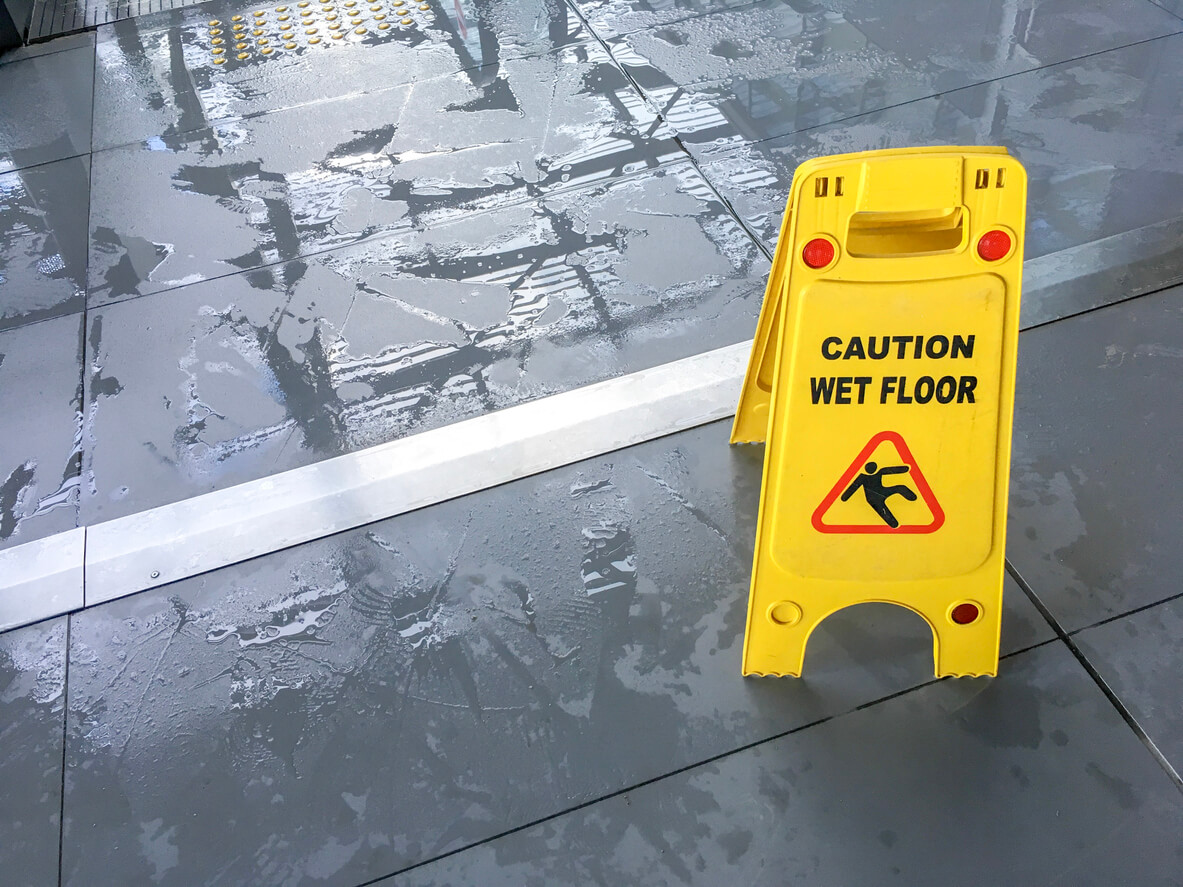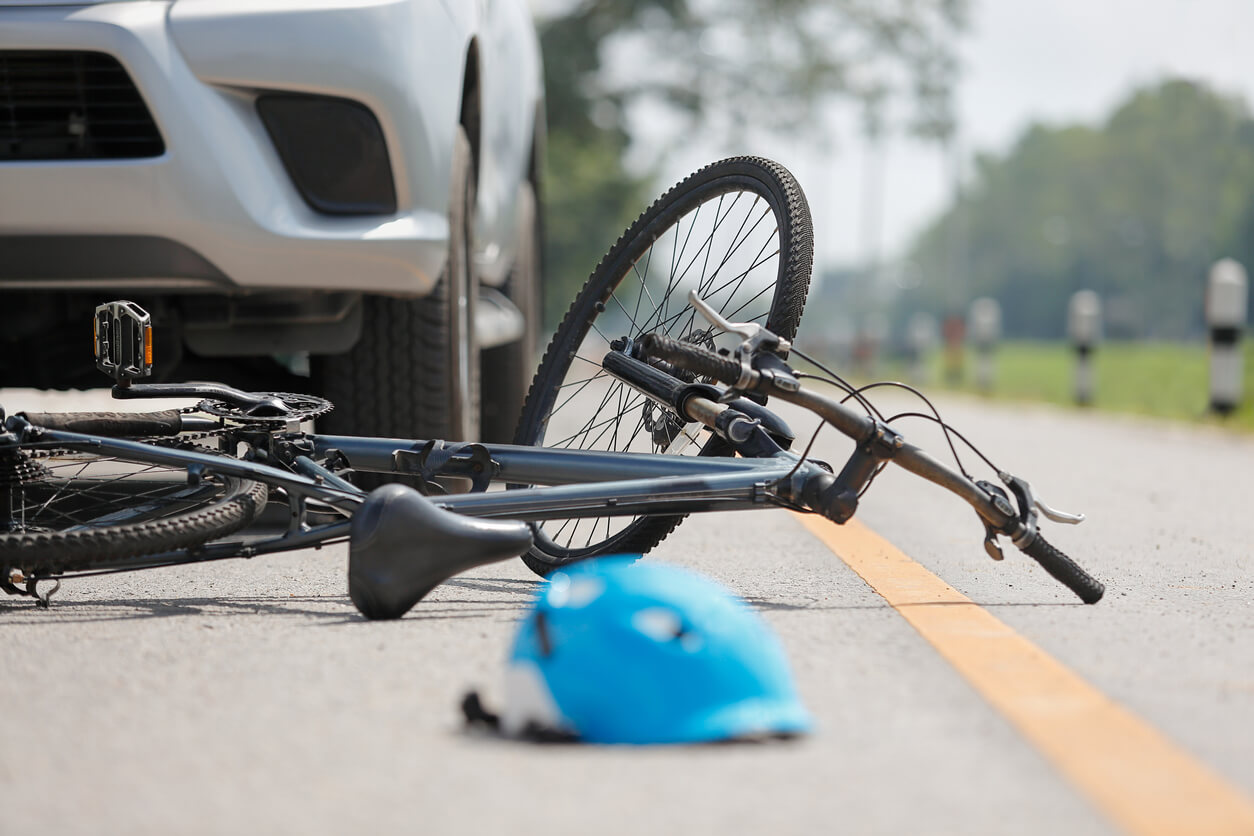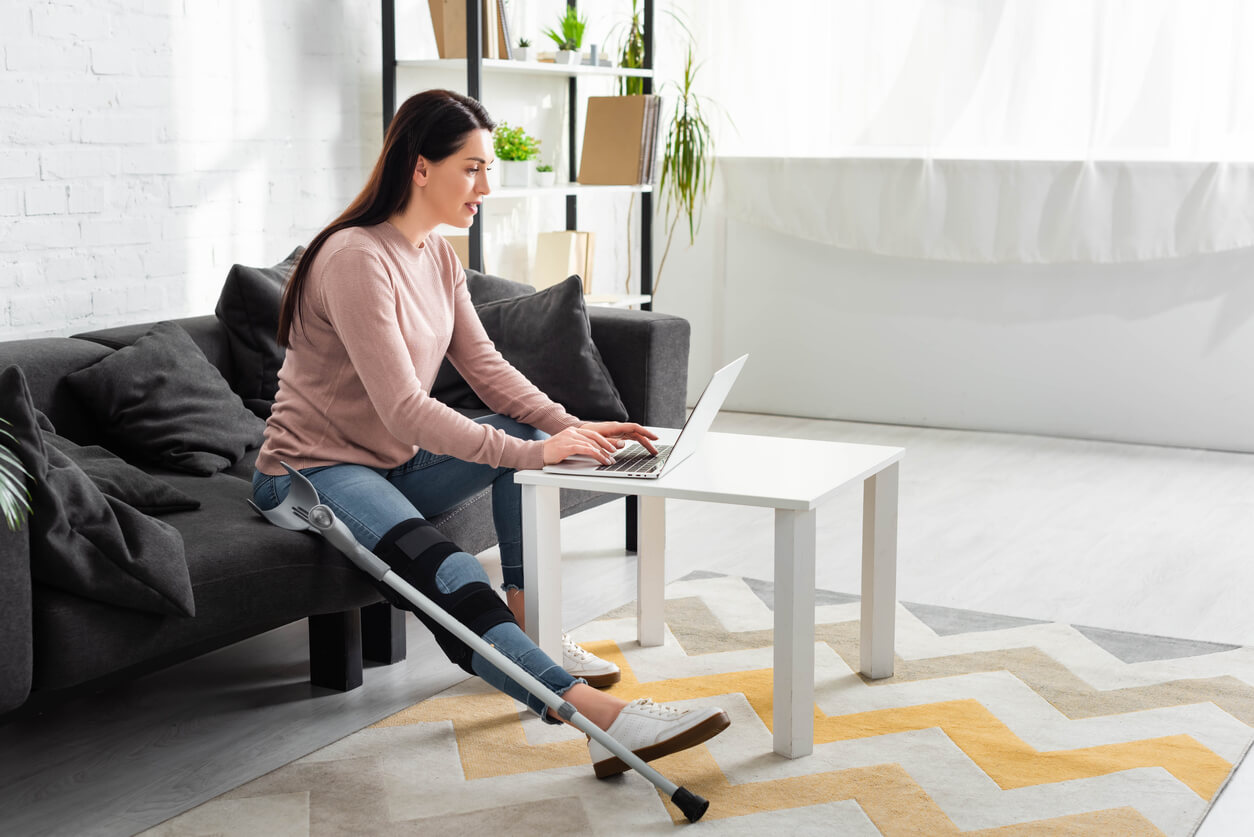If you got injured or a close relative died because of a truck accident, you need to know how these personal injury or wrongful death claims are different from standard car collision compensation claims. A South Carolina personal injury attorney can take care of your case and answer your questions. You should not have to battle a billion-dollar insurance company while you are recuperating from your injuries or dealing with the grief of your loss.
Here are three things you should know about truck accident claims:
Truck Accidents Tend to Involve More Severe Injuries and Fatalities
Tractor-trailers are much larger and heavier than passenger cars, even if they are not carrying cargo. When a large truck collides with a smaller, lighter vehicle, the car is likely to sustain far more physical damage than the truck. As a corollary, the people inside of the car often experience more severe injuries and more fatalities than the driver of the tractor-trailer.
Because of their greater mass, large trucks need more linear distance to come to a stop. When a truck driver speeds or tailgates, there is an enhanced risk of a collision, even greater than when a car follows other vehicles too closely.
Truck Drivers Have to Follow Federal Safety Rules
Because large trucks present a more significant danger to health and safety than passenger cars, Congress created federal legislation to protect the general public from the risk of truck accidents. Many crashes happened because of truck drivers who lacked the physical ability to respond in time to urgent situations on the road because of fatigue. Also, some truck drivers resorted to taking over-the-counter or illegal drugs to stay awake and alert while operating tractor-trailers for long hours without adequate rest.
Truck drivers and their employers, trucking or transportation companies, have to comply with legislation that limits the number of hours a driver can work with taking a break. Both the driver and company must keep accurate and current records of their work hours. If either party did not keep the mandated logbook or the records show a violation of the work hours limits, that information could be valuable evidence in a truck accident injury claim.
Injury Claims From Truck Accidents Often Involve More Than One Insurance Company
Sometimes both the truck driver and the trucking company carry their own liability insurance. In this situation, you might consider yourself fortunate to have two potential sources that could pay your claim. In reality, however, the multiple insurers will likely blame each other. A personal injury lawyer can sort out these competing interests and protect your right to fair compensation for the harm you suffered. IT can be challenging to handle this situation if you try to handle your injury claim on your own without an attorney.
These are but a few examples of things you need to know about truck accident claims. A South Carolina personal injury attorney can negotiate directly with the at-fault party’s insurer and work tirelessly to get you the compensation that you deserve. Contact our office today.







